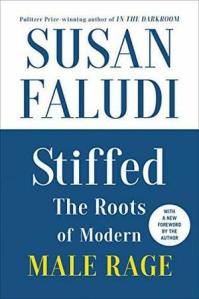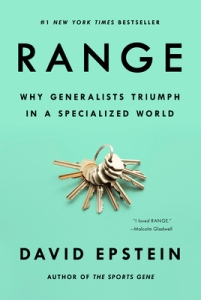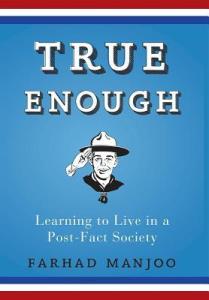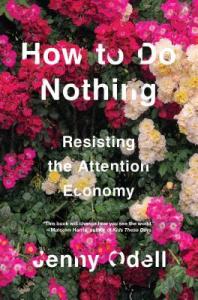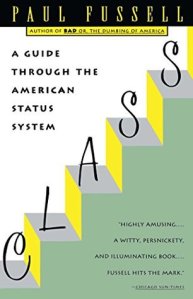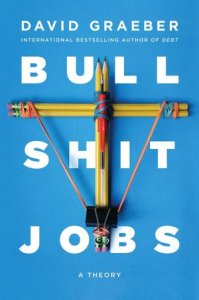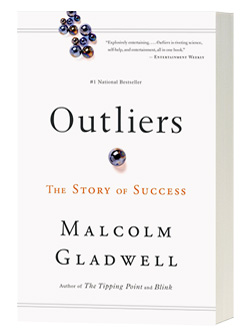Title: Stiffed Updated Edition: The Roots of Modern Male Rage
Author: Susan Faludi
Genre: Sociology
Trigger Warnings: Misogyny, violence, rape (mentions), sexual content (mentions), sex work, infidelity, domestic abuse, fundamentalist Christian patriarchy, war
Back Cover:
In 1991, internationally renowned feminist journalist Susan Faludi ignited a revival of the women’s movement with her revelatory investigative reportage: Backlash was nothing less than a landmark, uncovering an “undeclared war” against women’s equality in the media, advertising, Hollywood, the workplace, and government—a war that is still being fought today.
Stiffed may be even more essential than Backlash to understanding the cultural riptides that led to Trumpian America. Here, Faludi turns her attention to the so-called “Angry Male” politics plaguing the nation. Through deeply researched, nuanced, and empathetic character studies of distressed industrial workers, laid-off aerospace engineers, combat veterans, football fans, evangelical husbands, suburban and inner-city teenage boys, and Hollywood and porn actors, Stiffed goes beyond the easy explanations of male misbehavior—that it’s driven by chromosomes or hormones—to lay bare the powerful social and economic forces that have shattered the postwar compact defining American manhood. Faludi’s vivid storytelling illuminates the historic and traumatic paradigm shift from a “utilitarian” manliness, grounded in civic and communal service, to an “ornamental” masculinity shaped by entertainment, marketing, and performance values.
Read in the light of Trumpian politics and the #MeToo movement, Faludi’s analysis speaks acutely to our present crisis, and to a foreboding future. Stiffed delivers a searing portrait of modern-day male America, and traces the provenance of a gender war that continues to rage, unabated.
Review:
If you read Susan Faludi’s book Backlash and asked, “What about the men?” fear not – there’s a book for you, too. That book is Stiffed, and it explores why men these days are so angry.
And from everything she talks about in this book, I understand. Even though this book discusses some of the horrible things men do out of their anger, overall it inspired a lot of compassion in me. Susan is vocally a feminist, and this was a balanced book in that it holds a great compassion and understanding for the plight of men in modern society while maintaining that what’s hurting these men is not women getting more rights but a system that is also rigged against them, just in different ways.
This book is over two decades old. Some of it aged well, some of it didn’t. The research she did into the Promise Keepers Christian men’s group felt like it could have been done just a few months ago. Other topics felt severely outdated. Though some Gen X men appear in analyses of some topics, most of this book focuses on the Baby Boomer generation. Susan describes them as raised by parents who lived through WWII in the era of post-war prosperity and who faced the Vietnam War and its associated draft. My parents were five years old when the Vietnam War ended. This generation is my grandparents’ generation. Though it was an interesting look at the circumstances surrounding Baby Boomers’ rise to adulthood, I have to wonder how relevant it is to the men of my and my parents’ generations.
The main ideas in this book seem to be that men are disconnected – from their own emotions, from deep connections with other men, from their fathers, and from a feeling of competence and mastery – and that manhood in the modern world is largely ornamental. Men are forced into ever-more-unattainable roles by the forces of marketing and consumerism. Being a man is no longer about doing but about appearing – the male role has shifted from producer to consumer. There’s an undercurrent of the idea that masculinity is about doing things with your hands, and I don’t know how accurate that is, but the idea of image-based “ornamental masculinity” seems spot-on.
I do wish Susan had either spent more time on the effects of technology in the updated prologue or added an updated epilogue as well. She uses the examples of aspiring male porn stars and men’s magazines to discuss the emphasis on image and appearance for men, and I would really like to know how social media and the rise of the Instagram influencer has affected those trends.
I want to keep talking about the different topics in this book, because even the parts that didn’t seem particularly relevant to 2022 (or relevant to anything – a good two hours in audiobook time was spent on a detailed history of the Cleveland Browns) were interesting. I can sometimes lose patience with a 10-hour audiobook, but this 30-hour monstrosity took me three work days to finish and had me engaged the whole time. Even the parts that seem specific to the 1990s are fascinating.
Part of me wishes Susan would fully update the contents of this book for the 2020s. However, the more realistic part of me recognizes that for her to cover everything relevant, she’d basically need to rewrite the entire book. As awesome as I think that would be, it’s a lot to ask. In the meantime, there’s still a lot to be gained from Stiffed and it is absolutely worth the read.

